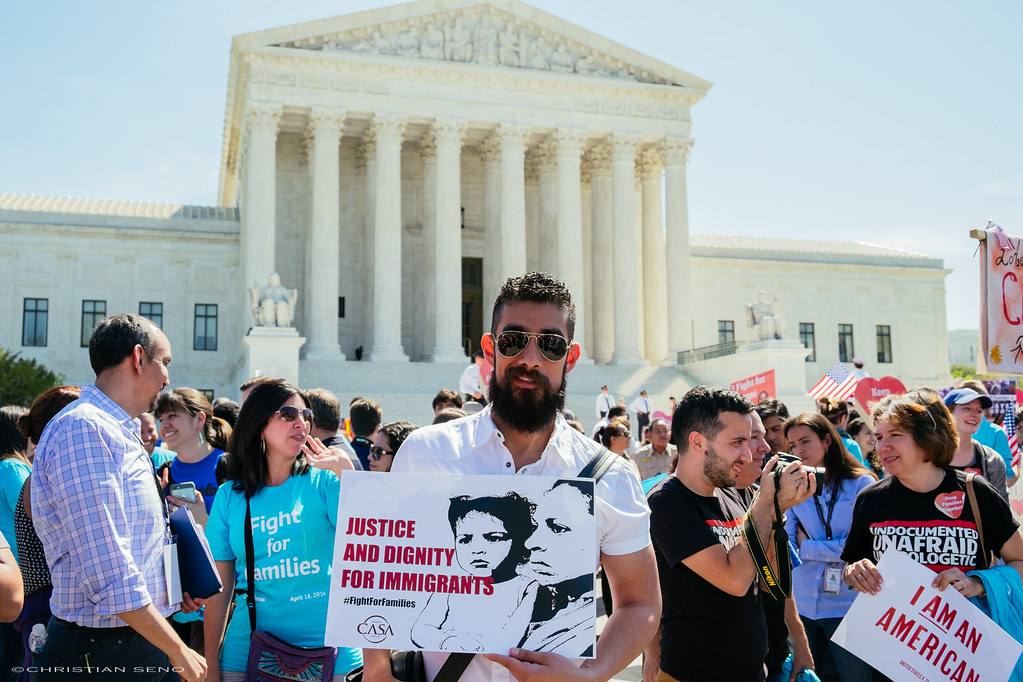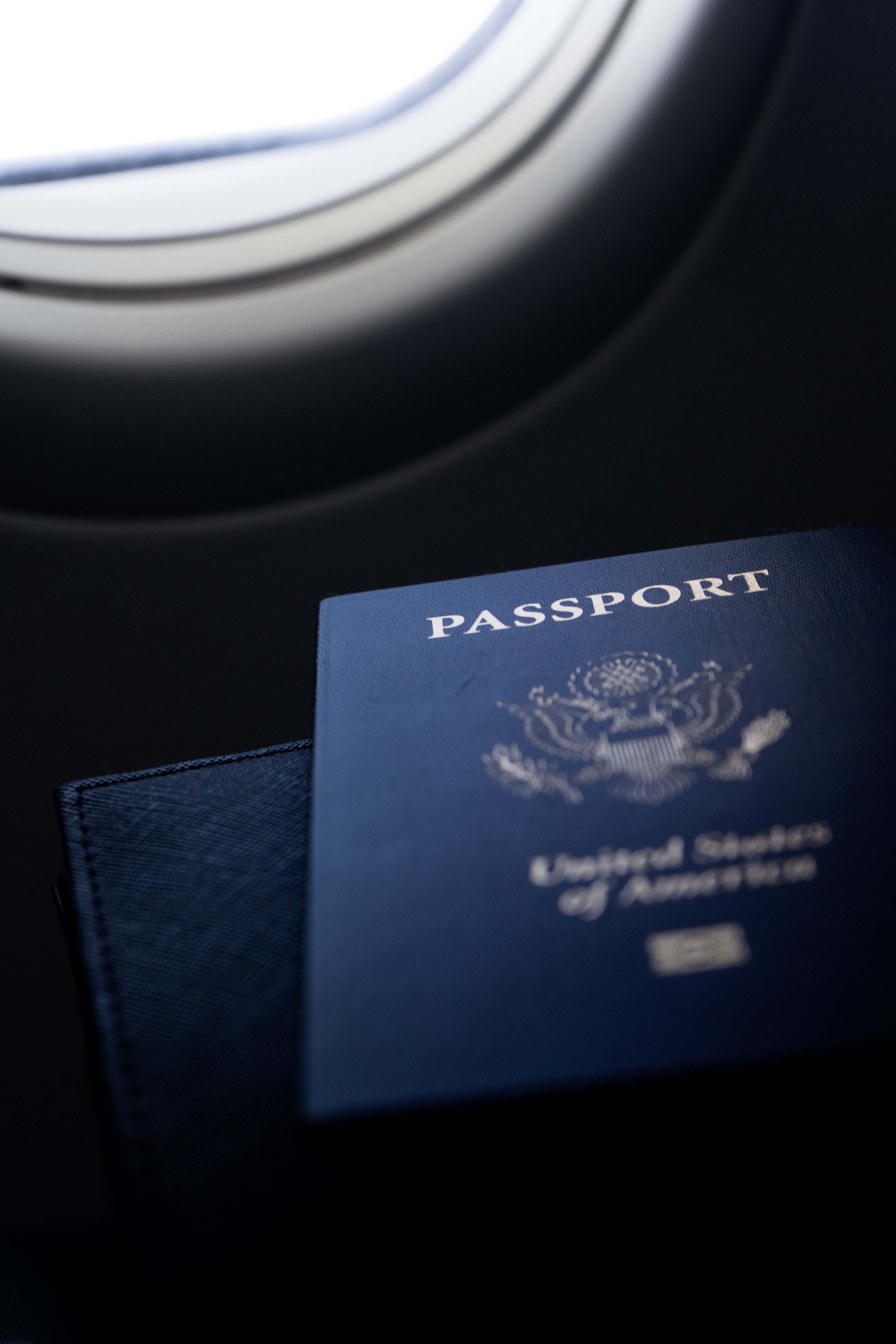In this post we bring you the latest immigration news.
Final Rule Inadmissibility on Public Charge Grounds
The Department of Homeland Security has posted the official version of final rule “Inadmissibility on Public Charge Grounds,” in the Federal Register.
The Final Rule will become effective at 12:00 a.m. EST on October 15, 2019.
Who does the rule apply to?
The rule will be applied to applications and petitions postmarked (or electronically submitted) on or after October 15, 2019.
The rule will not apply to applications and petitions pending with USCIS prior to October 15, 2019.
To read the official version of the rule please click here.
USCIS Completes Return of Unselected H-1B Petitions
As of August 15, 2019, USCIS has returned all FY2020 H-1B cap-subject petitions that were not selected in the lottery. Unselected petitions contain a rejection notice explaining that the petition was not selected in the lottery.
If you submitted a FY 2020 H-1B cap-subject petition that was delivered to USCIS between April 1 and April 5, 2019, and you do not receive a receipt notice or returned petition by August 29, 2019, contact USCIS for assistance.
 Visa Lawyer Blog
Visa Lawyer Blog











